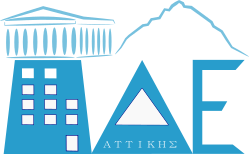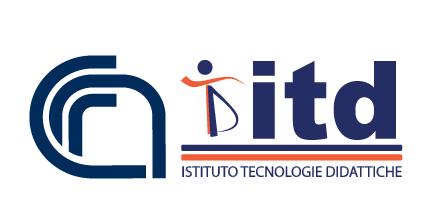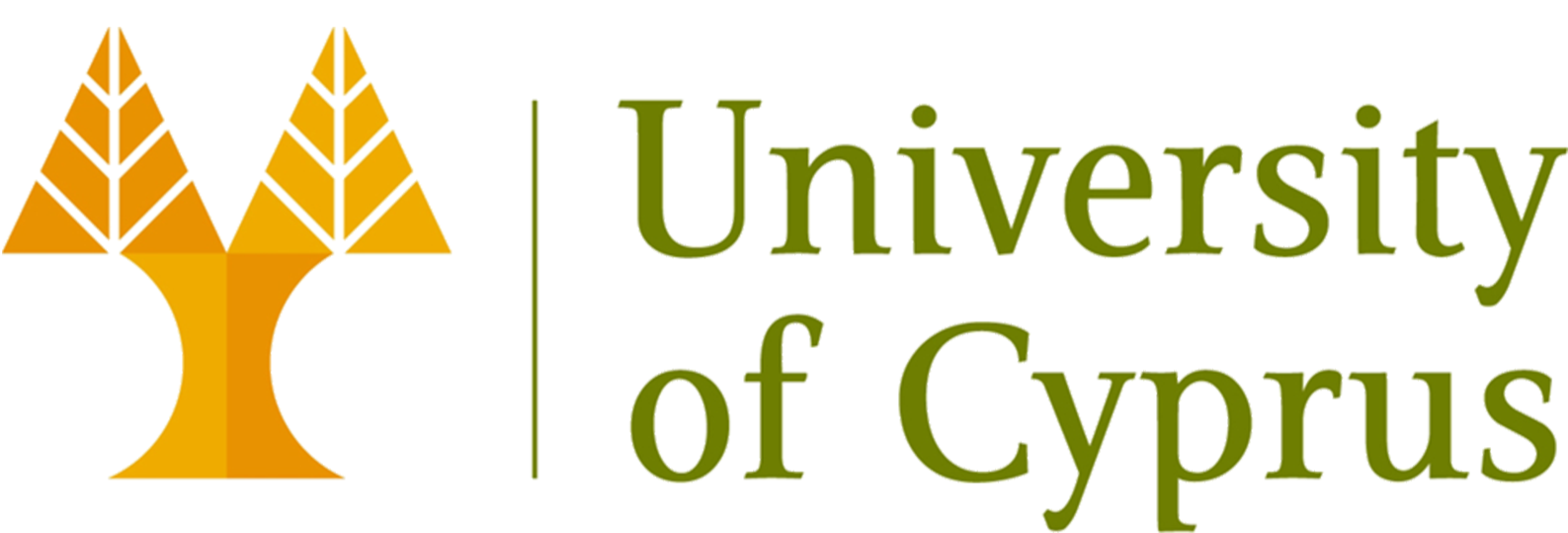
Regional Directorate for Primary and Secondary Education of Attica (RDPSEA)
 pdeattikis.gr
pdeattikis.gr
The Regional Directorate for Primary and Secondary Education of Attica (RDPSEA) is the largest Directorate, in terms of number of experts, schools, students and teachers, in Greece. RDPSEA collaborates with 14 Primary and Secondary Education Directorates, 13 Centres of Educational and Counseling Support, 6 Regional Centres for Educational Planning, 4 Environmental Education Centres and 20 Educational Coordinators of Refugee and Migrants students. RDPSEA also involves seconded educators who offer scientific expertise in actions and programmes, nationally and EU-funded. RDPSEA pedagogical strategy embraces the whole school community under participatory approaches and initiatives on curricular-based practices, thematic priorities, pedagogical and ICT support for schools, online training for teachers, and students’ skills reinforcement. RDPSEA participates and/or coordinates workshops, seminars and conferences in collaboration with the Ministry of Education, other regional authorities and organisations directly affiliated with the school sector.

Computer Technology Institute and Press "Diophantus"
 www.cti.gr/en
www.cti.gr/en
Computer Technology Institute and Press “Diophantus” (CTI) is a research and technology organization focusing on research and development in Information and Communication Technologies (ICT). Particular emphasis is placed on education, by developing and deploying conventional and digital media in education and lifelong learning; publishing printed and electronic educational materials; administrating and managing the Greek School Network; and supporting the organization and operation of the electronic infrastructure of the Greek Ministry of Education and Religious Affairs and all educational units. Since its establishment in 1985, CTI’s research teams and departments have participated in numerous European and National projects.

Institute for Educational Technology (CNR-ITD)
 www.itd.cnr.it
www.itd.cnr.it
The Institute for Educational Technology (CNR-ITD) is the only public scientific institute in Italy entirely devoted to studying how ICT-based tools and methods can enhance and innovate teaching and learning processes. Over the years, the National Research Council of Italy has played a pioneering role in this field. The Institute for Educational Technology was established back in 1970, and the Institute for Education and Training Technologies was set up in 1993. These two institutes were merged in 2002 to form the current institute, with its headquarters in Genoa and a division in Palermo. The institute’s mission is to perform research and technology transfer activities focusing on: ICT as a resource for teaching/learning processes; innovative approaches to the design, deployment, management and assessment of learning environments; study of emerging educational needs and opportunities brought about by evolution in ICT and the demands of the knowledge society.

University of Cyprus (UCY)
 www.cs.ucy.ac.cy/seit
www.cs.ucy.ac.cy/seit
The University of Cyprus (UCY) was officially founded in 1989. UCY has five faculties, Pure and Applied Sciences, Economics and Management, Humanities and Social Sciences, Letters and the recently formed Faculty of Engineering. The Department of Computer Science, belonging to the Faculty of Pure and Applied Sciences, is one of the most active Departments of the University and is very active in the areas of information technology and communications, and since Cyprus joined the E.U. it has participated in over 150 projects funded by various frameworks of the European Union. UCY participates in the CHAT2LEARN Erasmus+ project through the Software Engineering and Internet Technologies (SEIT) Laboratory, an integral part of the Department of Computer Science. The Software Engineering and Internet Technologies (SEIT) Laboratory focuses its research activities on two important areas of Information Technology, namely Software Engineering and Internet Technologies. The lab is also actively involved in activities related to E-Business, E-Government, Multimedia Communication Platforms, and Frameworks for elders’ social inclusion, active ageing and independent living. SEIT has extensive experience in the area of applying ICT to e-Learning, m-Learning and Open and Distance Learning in general as well as Life Long Learning in particular. Regarding only the Erasmus+ related themes, SEIT has recently coordinated four Erasmus+ projects (VeLoCiTy, World-of-Physics, DiFens, IDEA), currently coordinates two Erasmus+ projects: CHAT2LEARN (begun in 2021) and wINGS (begun in 2018), and also participates in 19 more: DIGIWATER, FARM, ALIVE, Digi-Ageing, DiGi4ME, KAEBUP, EASIER, EPUM, ELSE, AT-SGIRES, SENSE, WINDEXT, Dig-It, ISSA, ICT-4TVET, TOOLS, PRIMAE, QHELP, Digi-Sporting and Job-Jo.



